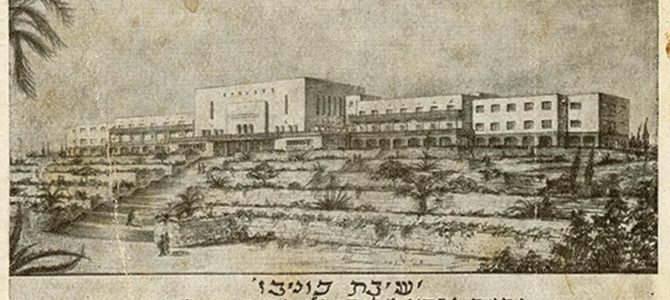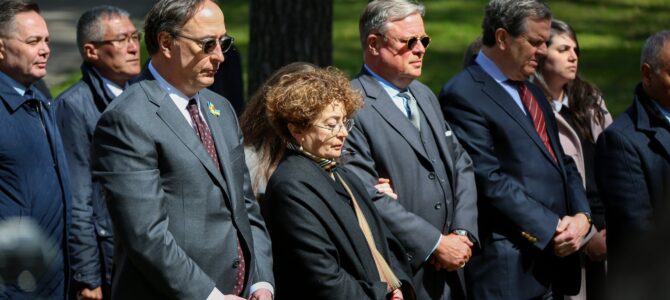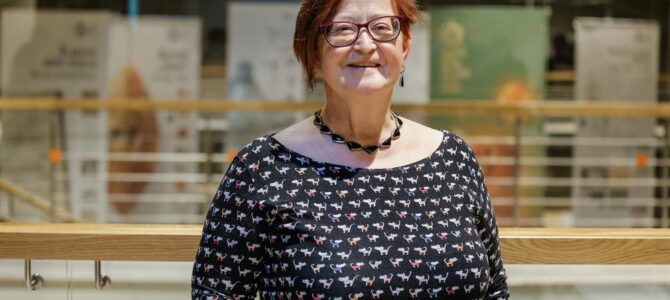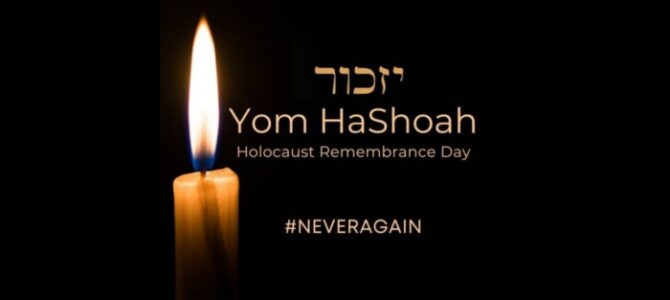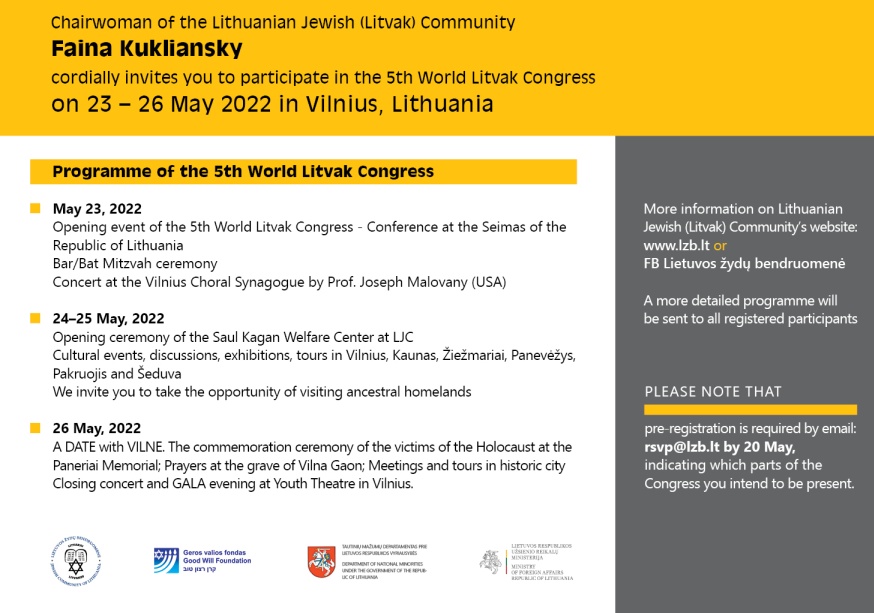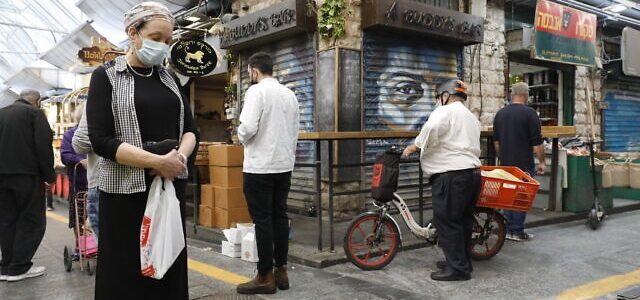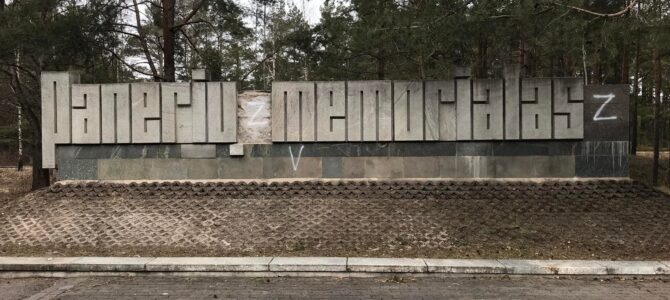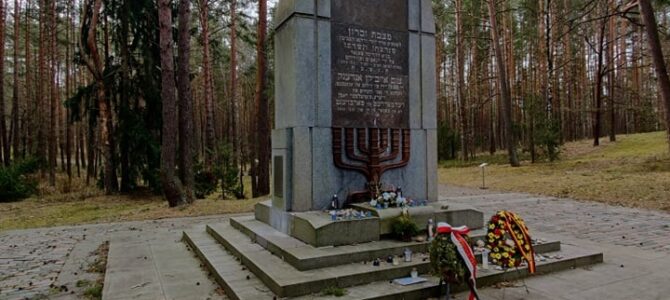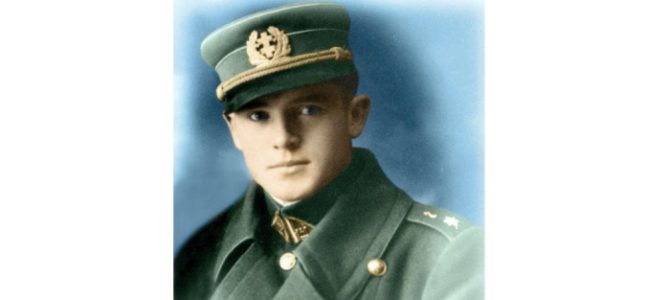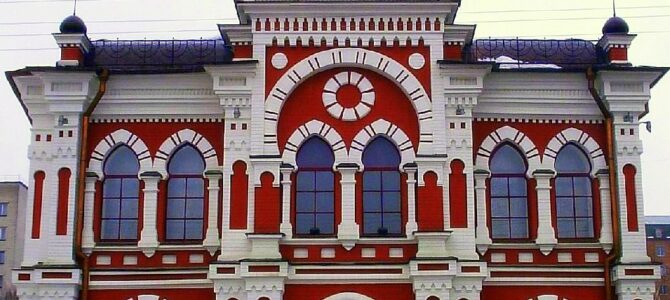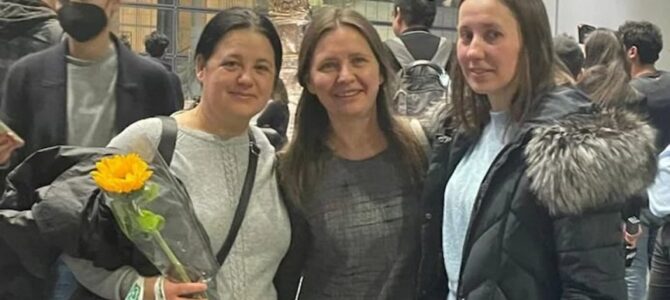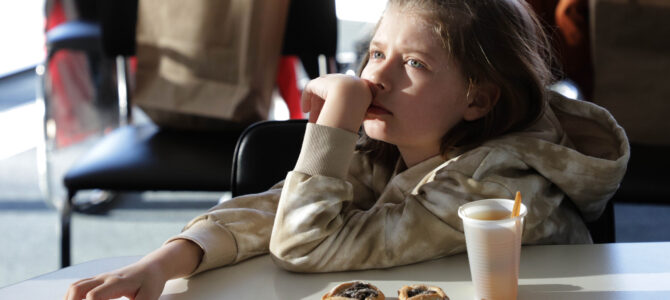Tuesday, May 3, 2022–The European Jewish Congress has condemned statements made by Russian foreign minister Sergei Lavrov in which he claimed that the “most ardent anti-Semites are usually Jews” and that Adolf Hitler had “Jewish blood.”
EJC president Ariel Muzicant said: “These comments are not just inaccurate and offensive, but harm the memory of victims of the Holocaust. Blaming Jews for anti-Semitism is never acceptable. Jewish communities recall that it was the Red Army that liberated Auschwitz and that millions of Soviet soldiers died fighting Nazism. With this in mind, we call on foreign minister Lavrov to retract these statements and to refrain from making inflammatory comments that can have very serious consequences for Jews in Russia and elsewhere.”
Text here.


